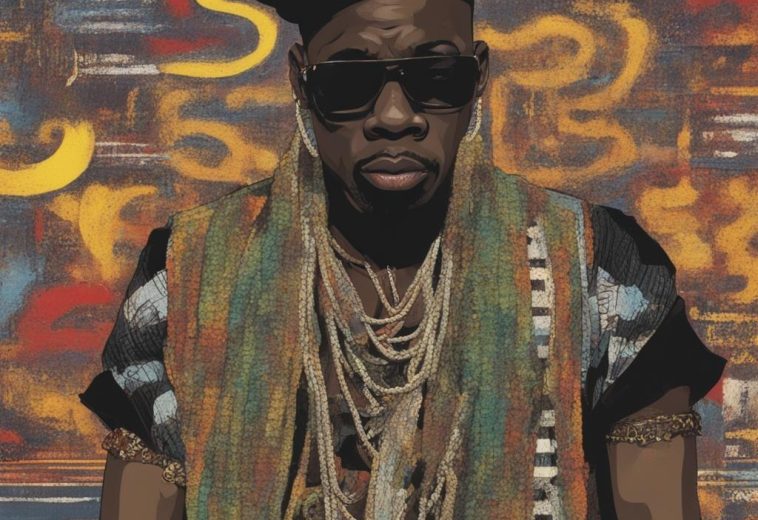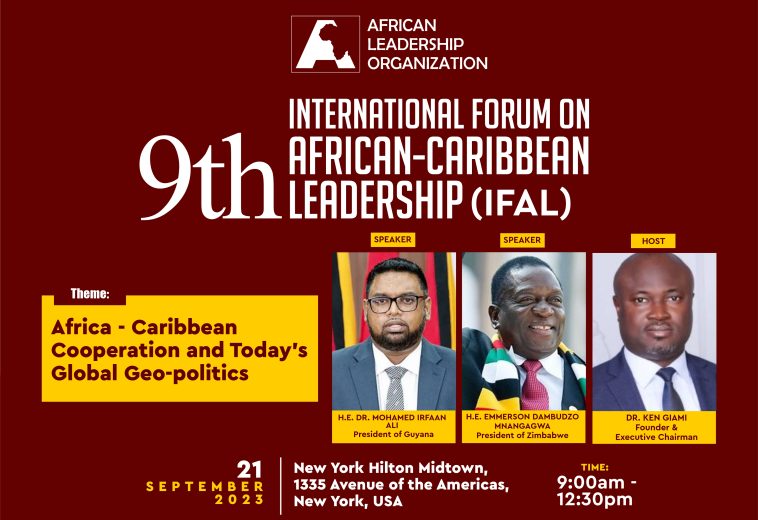Africa is a diverse continent filled with rich cultural and historical heritages that are worthy of documentation but which have over the years been relegated to the background to amplify the activities of the Western powers on the continent.
While it is not in dispute that the Western powers made and have continued to make lasting impacts on the African continent, it is important to state that before they came, there was Africa and the people lived a meaningful life as well.
It is in the light of this that this piece will bring to the fore the African society before the advent of Europeans and Asians as well as the leadership structure in place that kept the society together.
Change they say is the only constant factor in life and Africa has and is experiencing changes in all spheres as it strives to become a developed continent.
Before the various changes that Africa experienced, it had its name, ways of life and all that suited its cultural and emotional existence.
Name
Long before the name “Africa” became the recognised tag for the continent, it was known as Alkebulan, a coinage from the Arabic language and other indigenous languages on the continent which means “The Land of the Blacks or The Mother of Mankind” or ” garden of Eden’.
The name ‘Alkebulan‘ reflected the historical roots and significance of what the continent stands for and its contributions to humanity. It inspired and gave the people a sense of pride and shared identity which brought about unity among Africans despite ethnic and cultural differences.
Alkebulan was a symbolic name for Africa which served as a reminder of the spiritual, physical and cultural impact the African people have on mankind giving Africa that connectivity as a place of divine power and wisdom.
However, due to cultural exchanges and the influence of European explorers over time, inthe 17th century, there was a name change from ‘Alkebulan to Africa’ with various theories surrounding the origin of the name “Africa”.
System of government
Back then, African societies mostly had their leadership style spelt out based on family, lineage, age group, tribe or common interests which formed the units of political, social and economic organisations.
The continent as a diverse one had great kingdoms and empires spread across the north, east, west and south and based on this, there existed three basic systems of governance in the old African society namely: centralized kingdoms, medium size centralized and widely dispersed empires.
The centralized government mostly adopted by large kingdoms and empires were the most common form of government across Africa. The system entails being governed by a king who had absolute or near absolute powers like the old Benin Kingdom in Nigeria, the Zulu Kingdom in South Africa and the Egyptian Kingdom which would be used as illustrations in this piece.
The Egyptian Kingdom was the oldest kingdom governed by a monarch who ruled by a mandate from the gods and was referred to as an intermediary between the divine and the physical who related the minds of the gods to the people.
The King made decrees and pronouncements which were implemented by others in ranks like scribes and regional leaders known as nomarchs. This form of government existed in Egypt till the country got annexed by Rome.
It was the same for the Zulu Kingdom in southern Africa which practised the centralised system because the traditional Zulu political organization was hierarchical, with the king at the apex and authority delegated to chiefs of districts and from them to village heads.
The King also had judicial and legislative powers wherein the king had a council which consisted of heads of important families whose job was to advise the king.
In the old Benin Empire of Nigeria, the system of government was also monarchical with the Oba as the leader of the kingdom but without absolute authority. The Oba was however assisted by the council of chiefs who related with other town chiefs.
In other areas, the Oba also performs judicial functions and was vested with the power of organising warriors for the maintenance of peace and order in the kingdom.
As a result of the monarchical nature of the governments which delegates responsibilities and works with the council of elders, and age groups depending on the area, the African society enjoyed democratic governance without a name tag on it. The system though not perfect was adequate for the communal life that existed back then in the various African societies.
Mode of Existence in the old African society
Given the way the African continent was before the entry of the Europeans, one would be poised to ask questions like what was the way of life of the people? How and what did they trade on? What religions were in existence? What type of clothes did Africans back then wear among others?
Well, it is good to note that on a general scale, Africans lived within their means at the time utilizing available resources at their disposal.
In the area of trade, Africans engaged in the trade using the trade and barter system whereby people exchanged one object for another. They traded in commodities like tobacco, gold, ivory, skins, salt and co which saw goods being exchanged for food, weapons, or whatever the demand was at the given time.
Outside of the local market levels operated in different domains, Africans also traded among themselves across regions which brought about more contacts among the people and led to the spread of languages, cultures, religion as well as art and crafts.
As a result of this intra-connectivity, there came a diversity of ideas, religions and beliefs. The ancient African society was dominated by traditional religious beliefs and practices which varied from one ethnic group to the other.
The traditions dealt with the beliefs of spirits and supreme beings and were majorly in oral forms passed down from generation to generation through songs, folk tales and festivals. The traditional religion engaged in the use of African medicine and magic which harmonises nature with the supernatural.
Though the ancient African society was mainly traditional, the continent later had quite several Islamic, Christian and Judaism faithful spread across the continent who practised their faiths without any hindrance.
When it comes to daily life, Africans in ancient times were predominantly farmers, traders, and artisans like blacksmiths, weavers, jewellers, tailors and co as well as warriors who were needed to maintain peace and order or engage in wars as and when needed.
The uniqueness of the African people as reflected in the name “Alkebulan ‘ to mean ‘ garden of Eden’ where there is abundance was and remains evident in the richness and availability of different food crops for food. The different regions, groups and ethnicities during the ancient days had a particular food crop that formed most of their meal hence there existed varieties of food from one region to the other as well as from one ethnic group to the other.
While there are no doubts that the African continent with its people has evolved over the years due to influence from the Western world, some of the varieties that existed back then are still in existence but with touches of modernisation that have given them global acceptance, which then leaves Africans with the simple task of doing more to promote their cultural and historical heritage to change the narrative and concept that has often been associated with African history.


